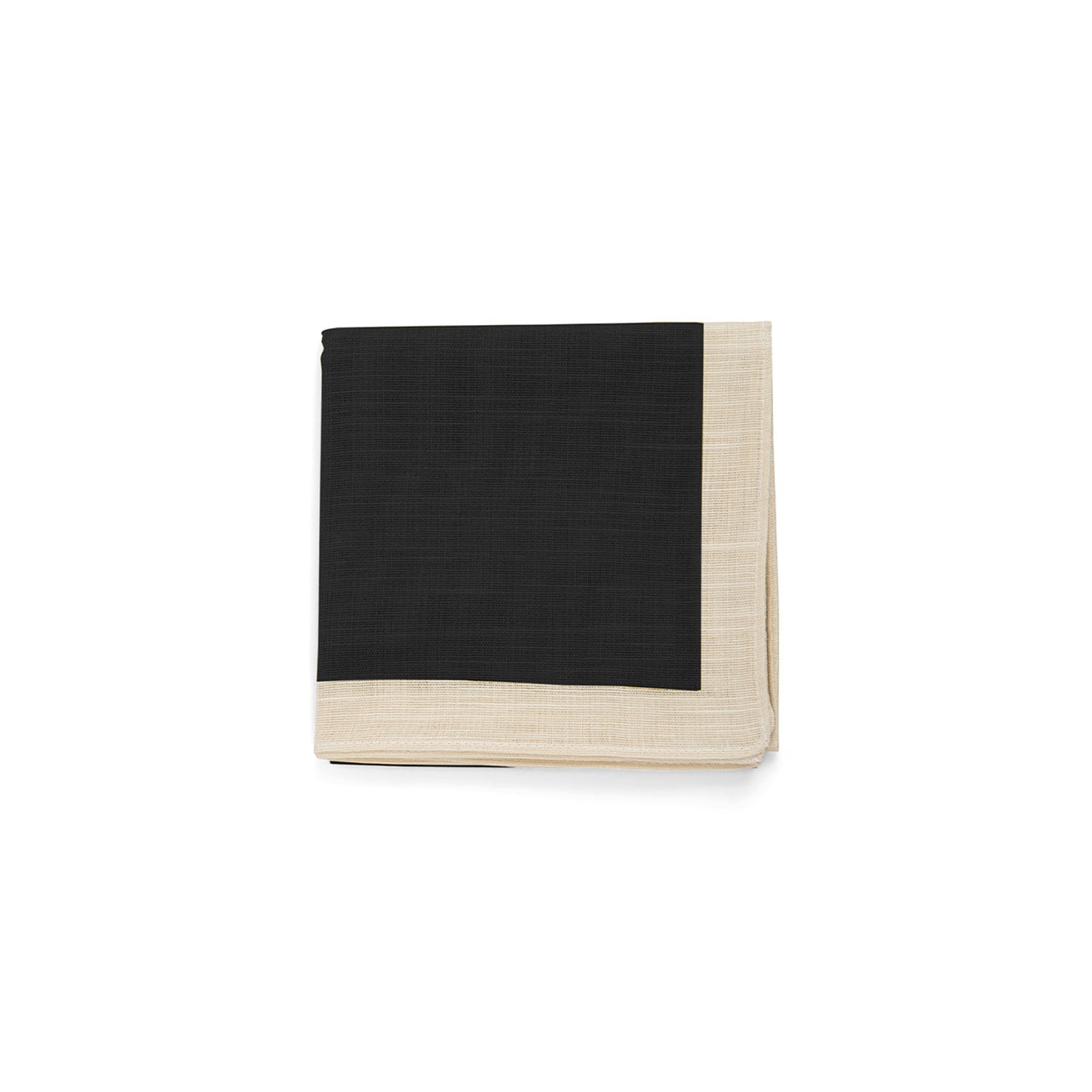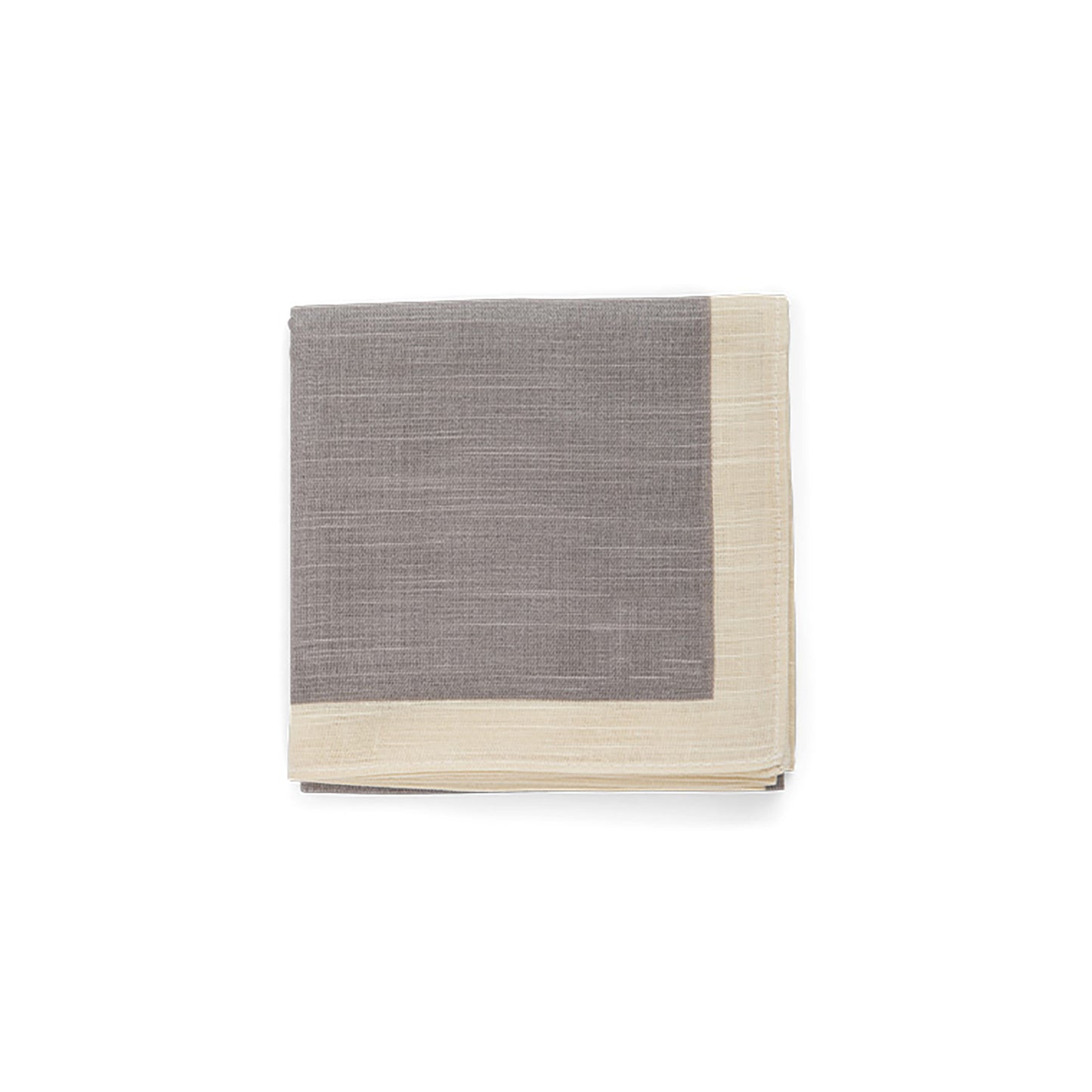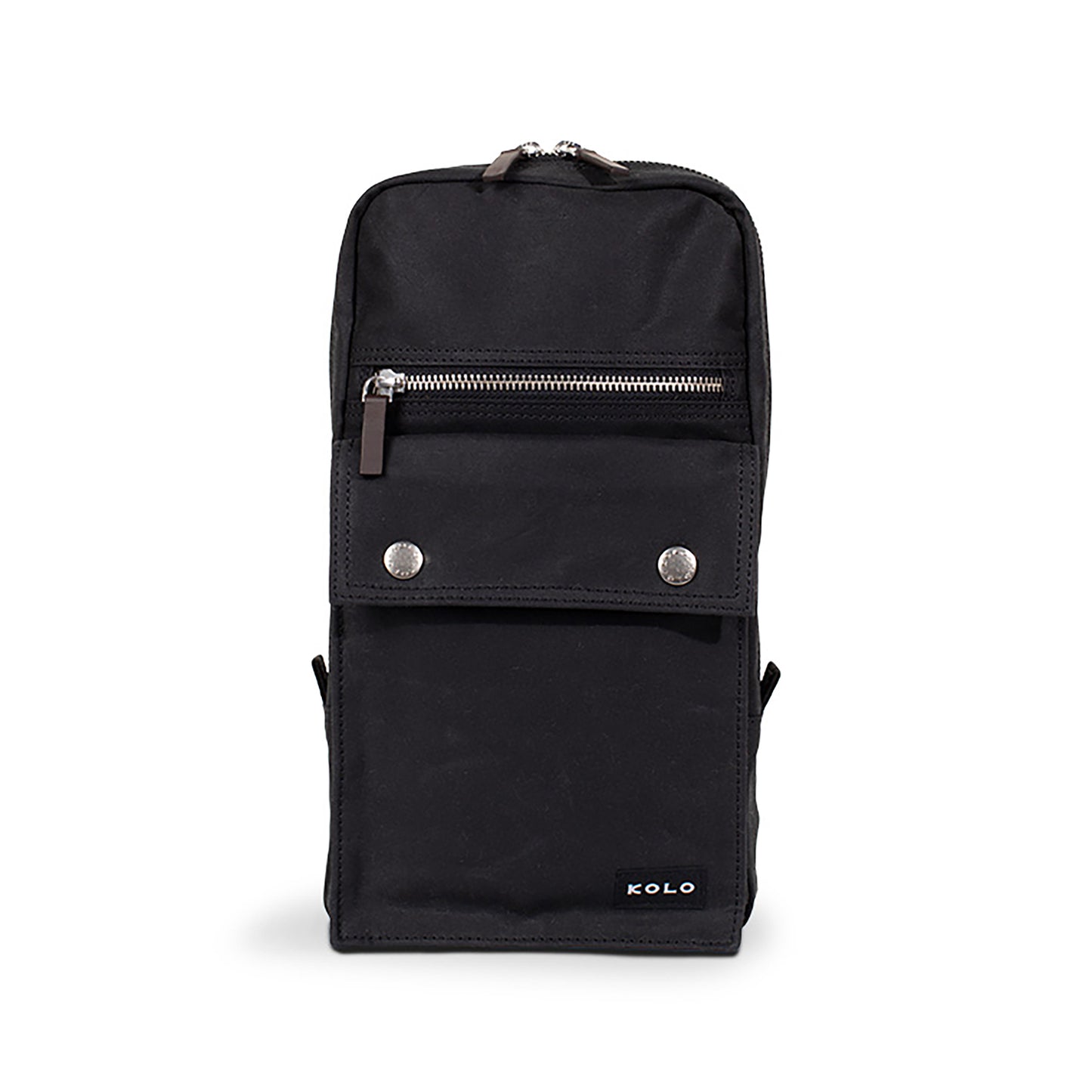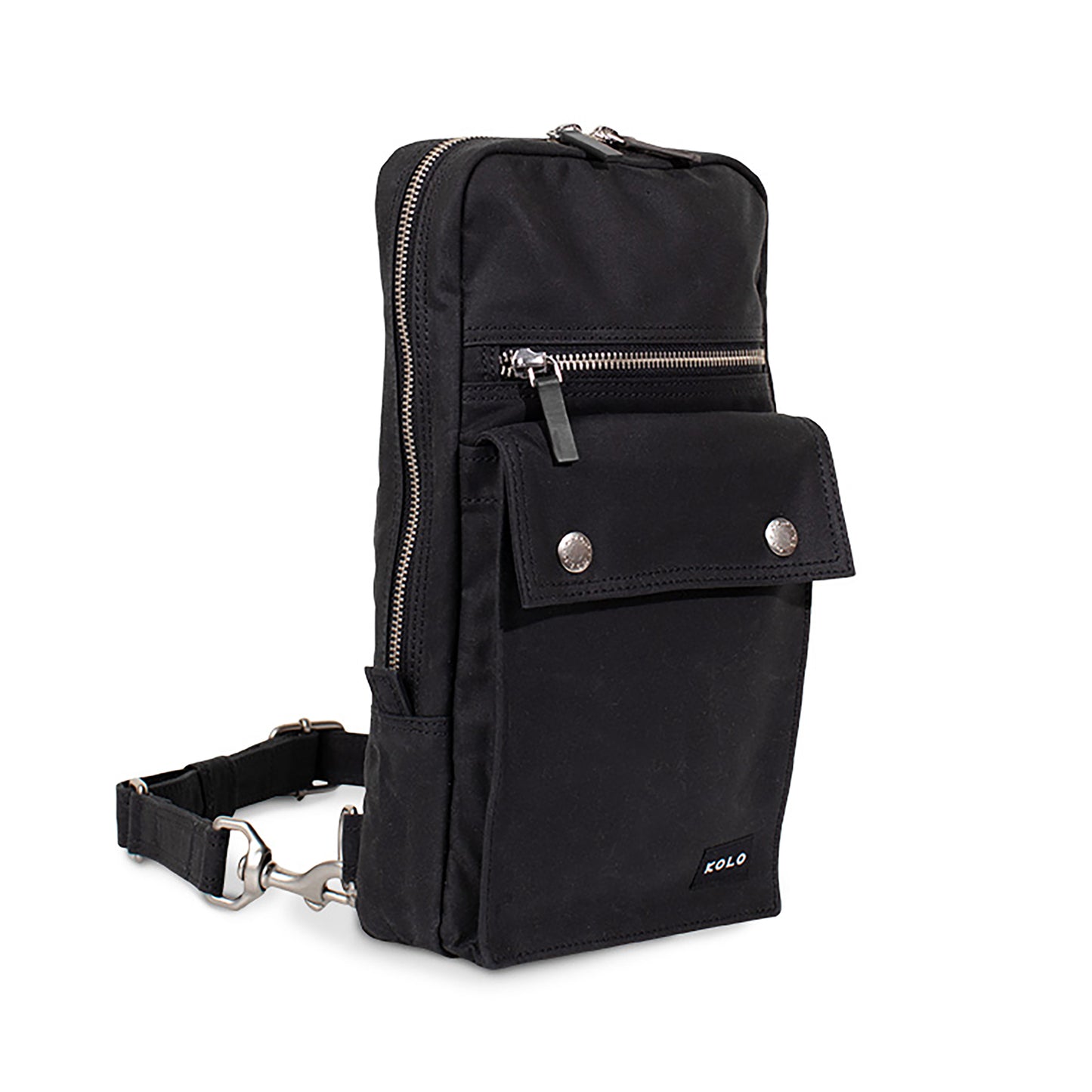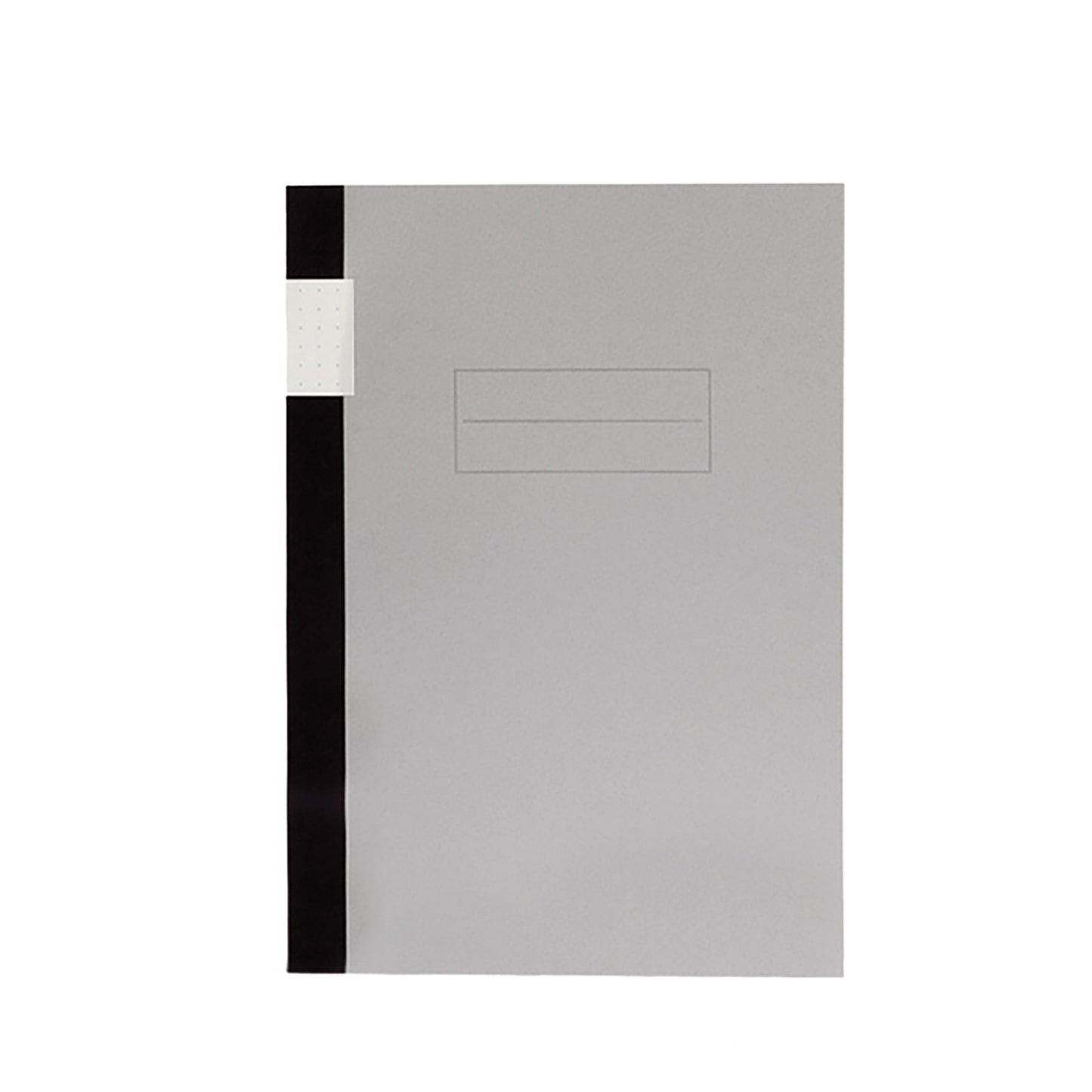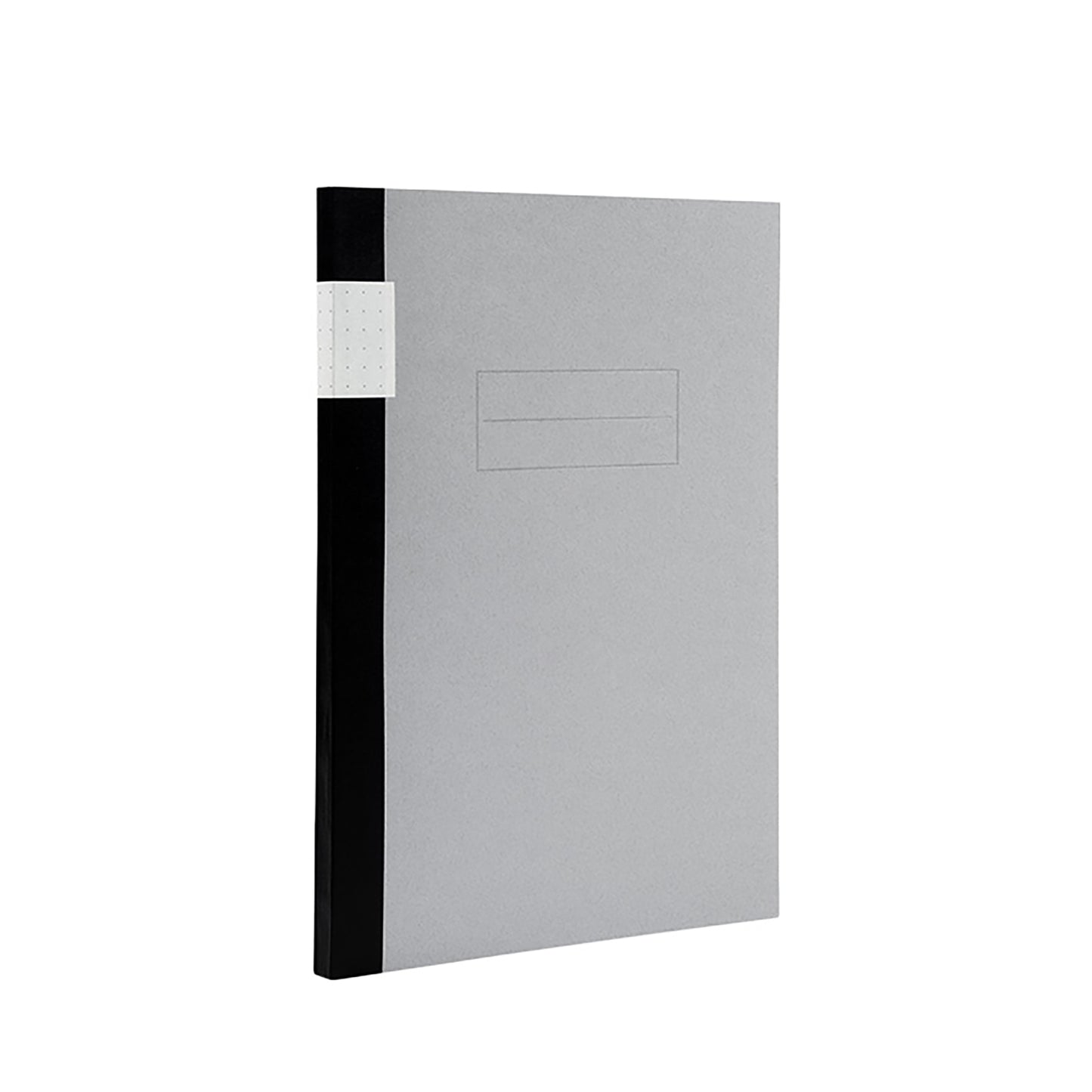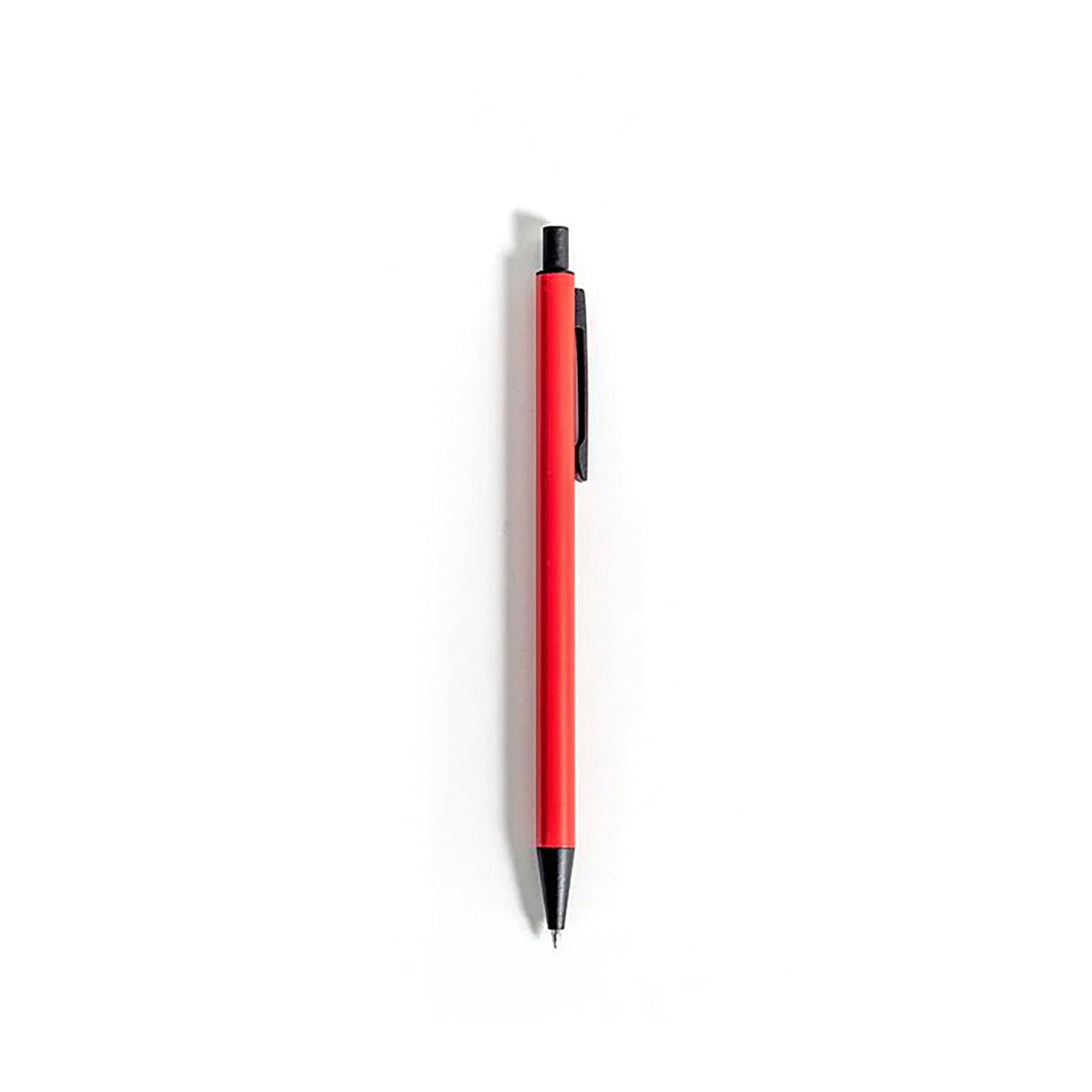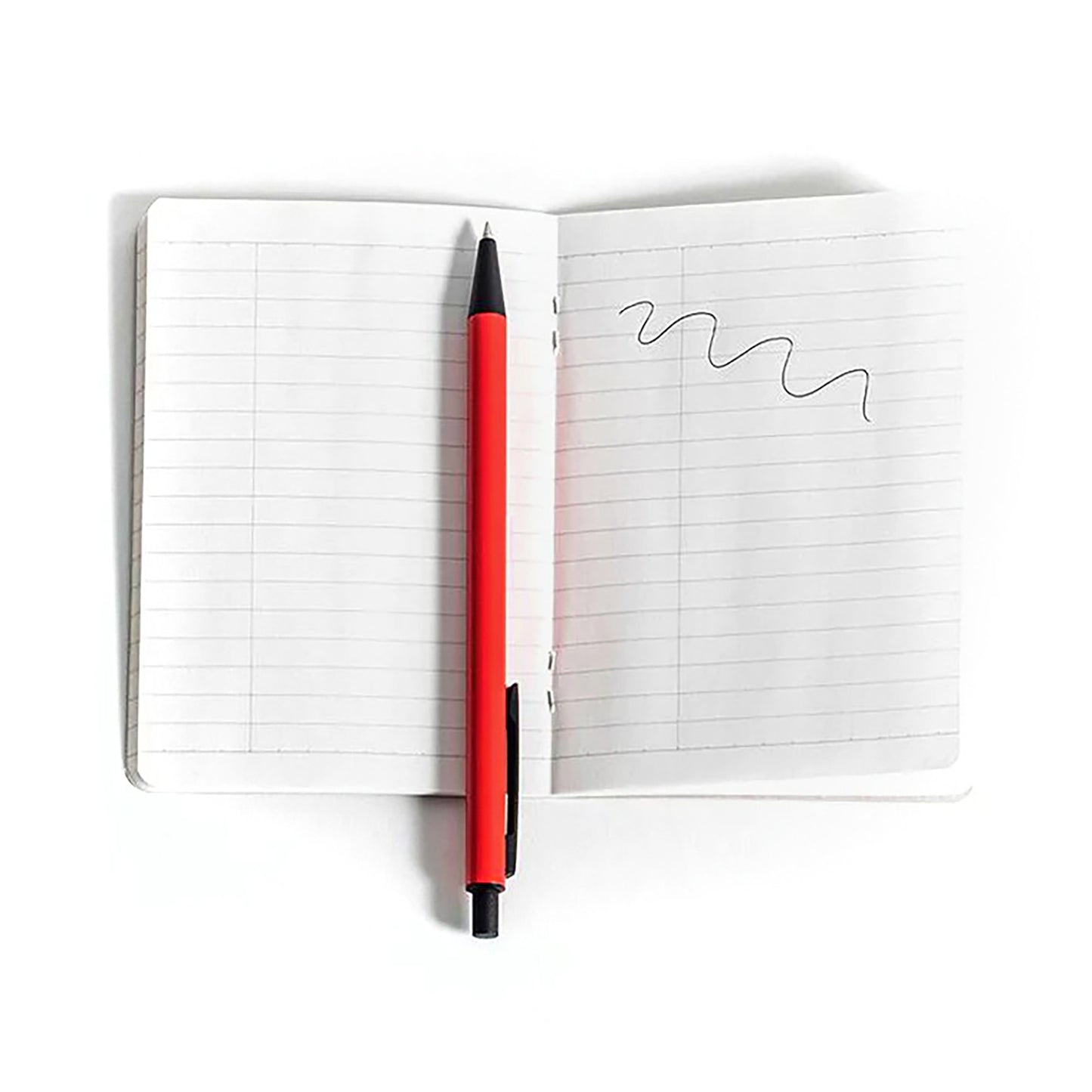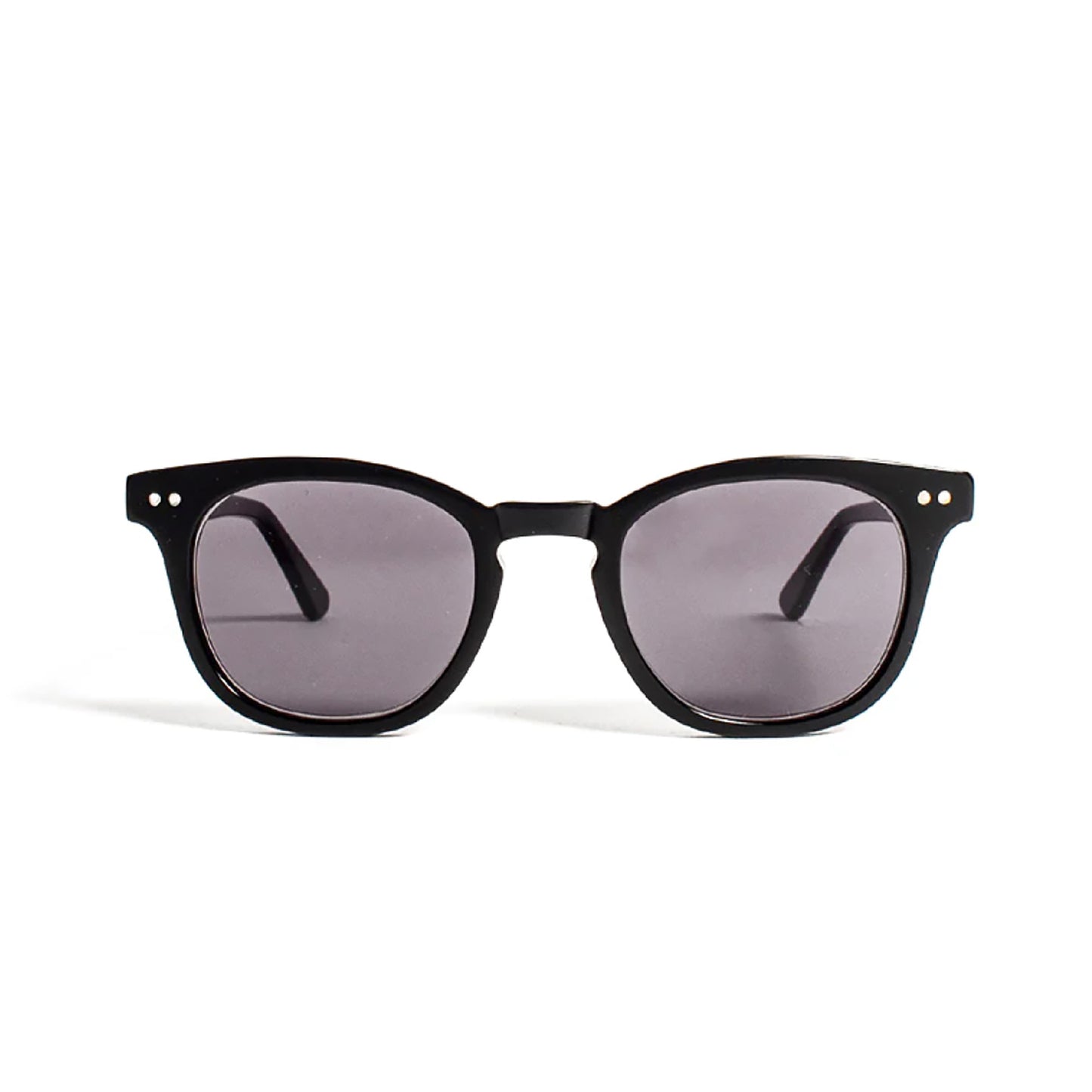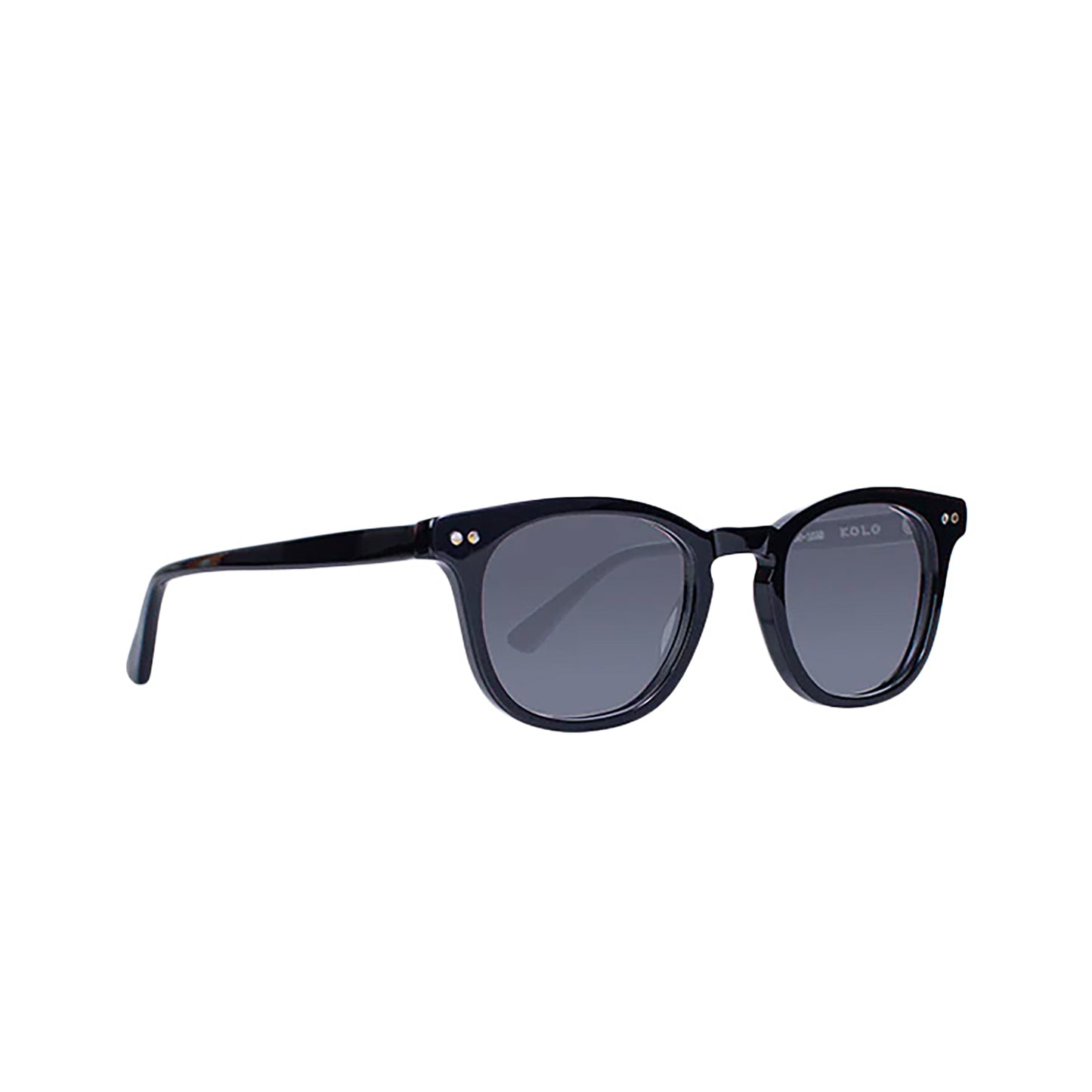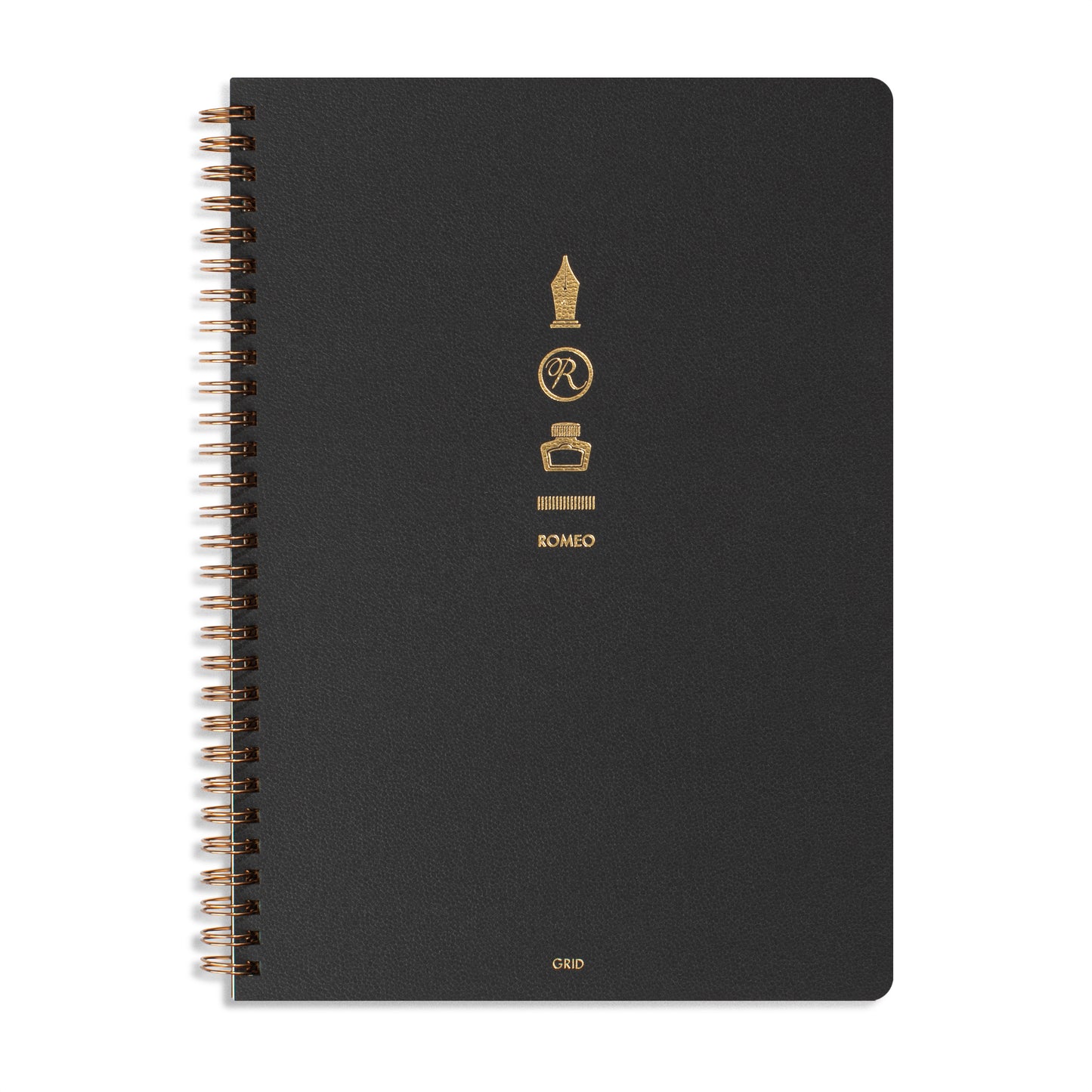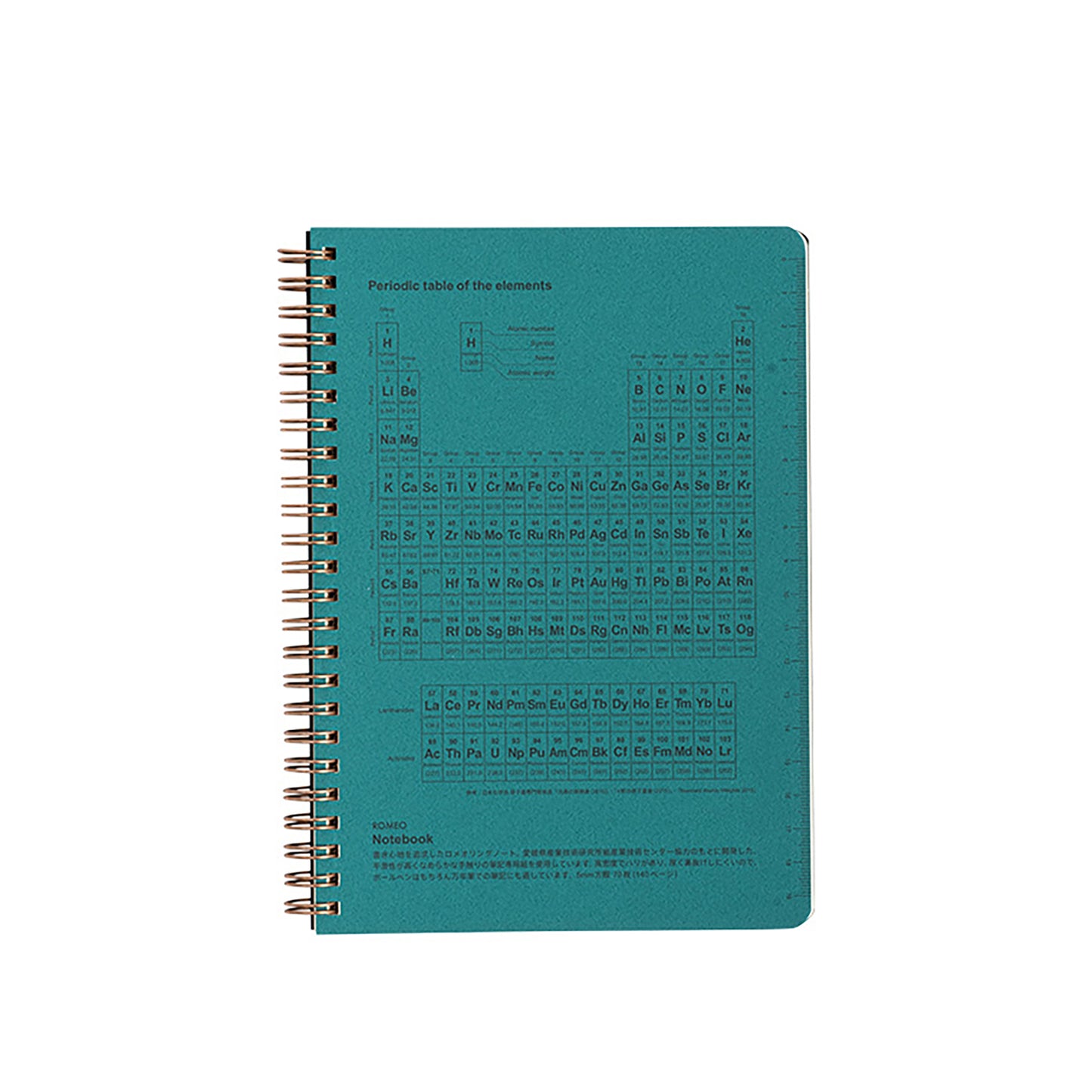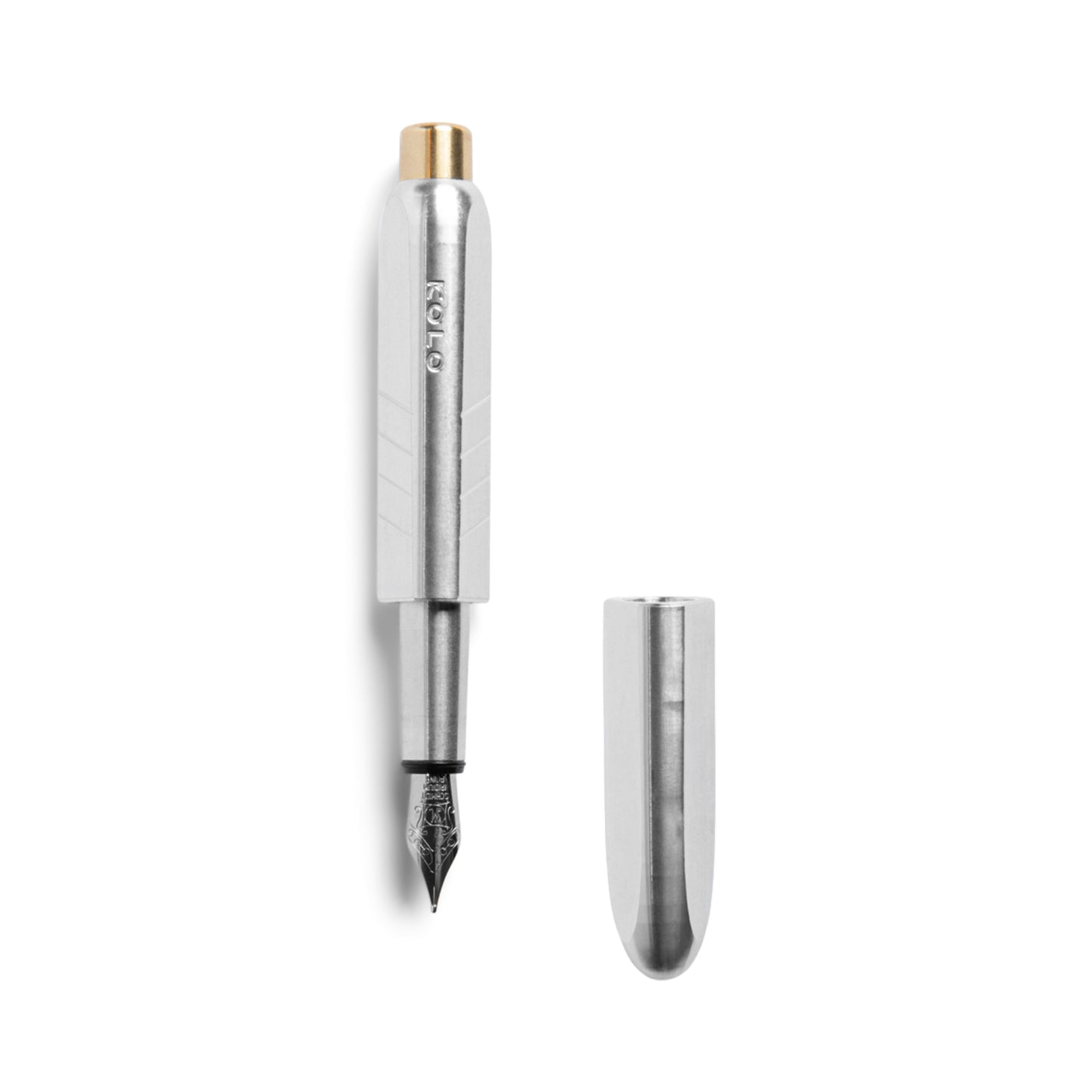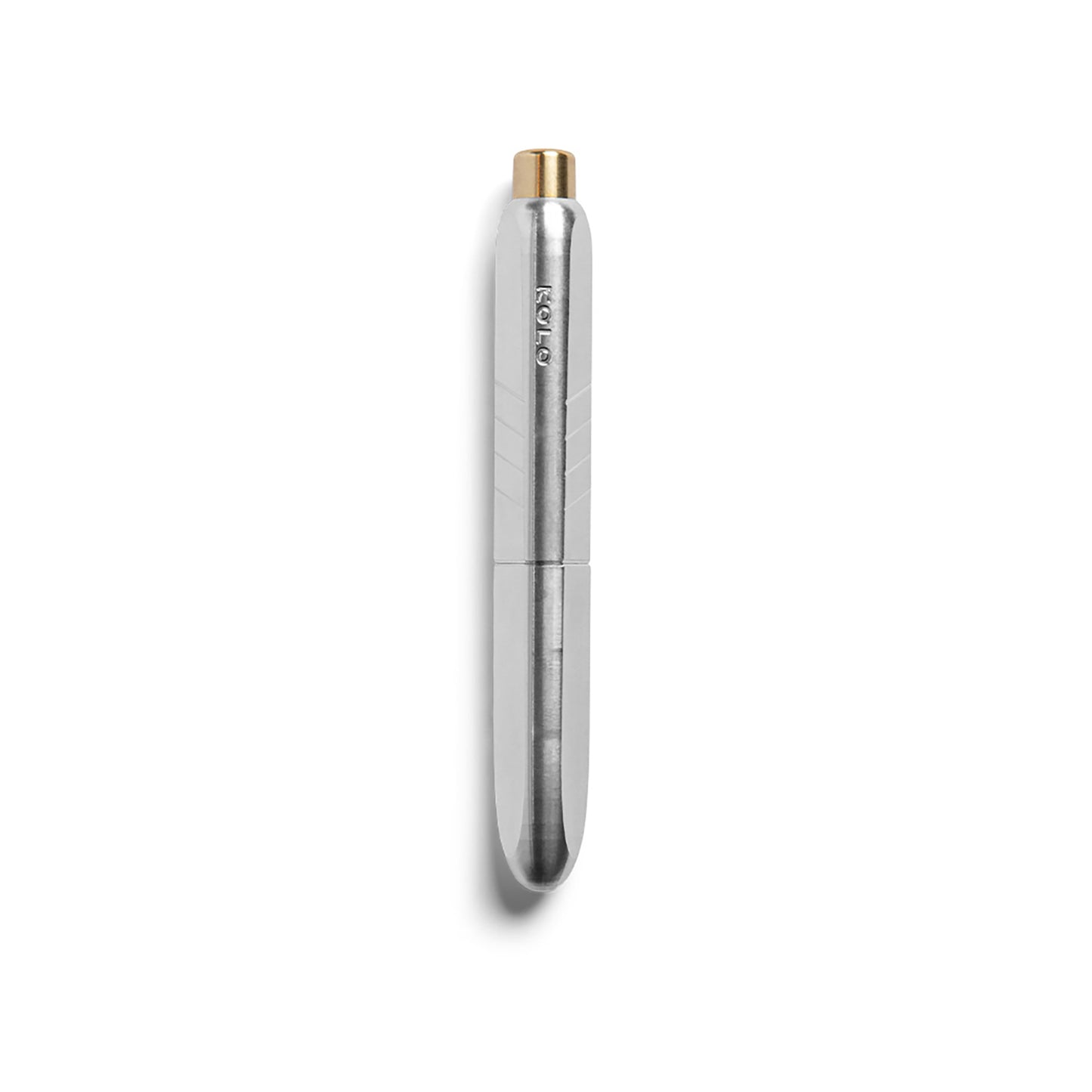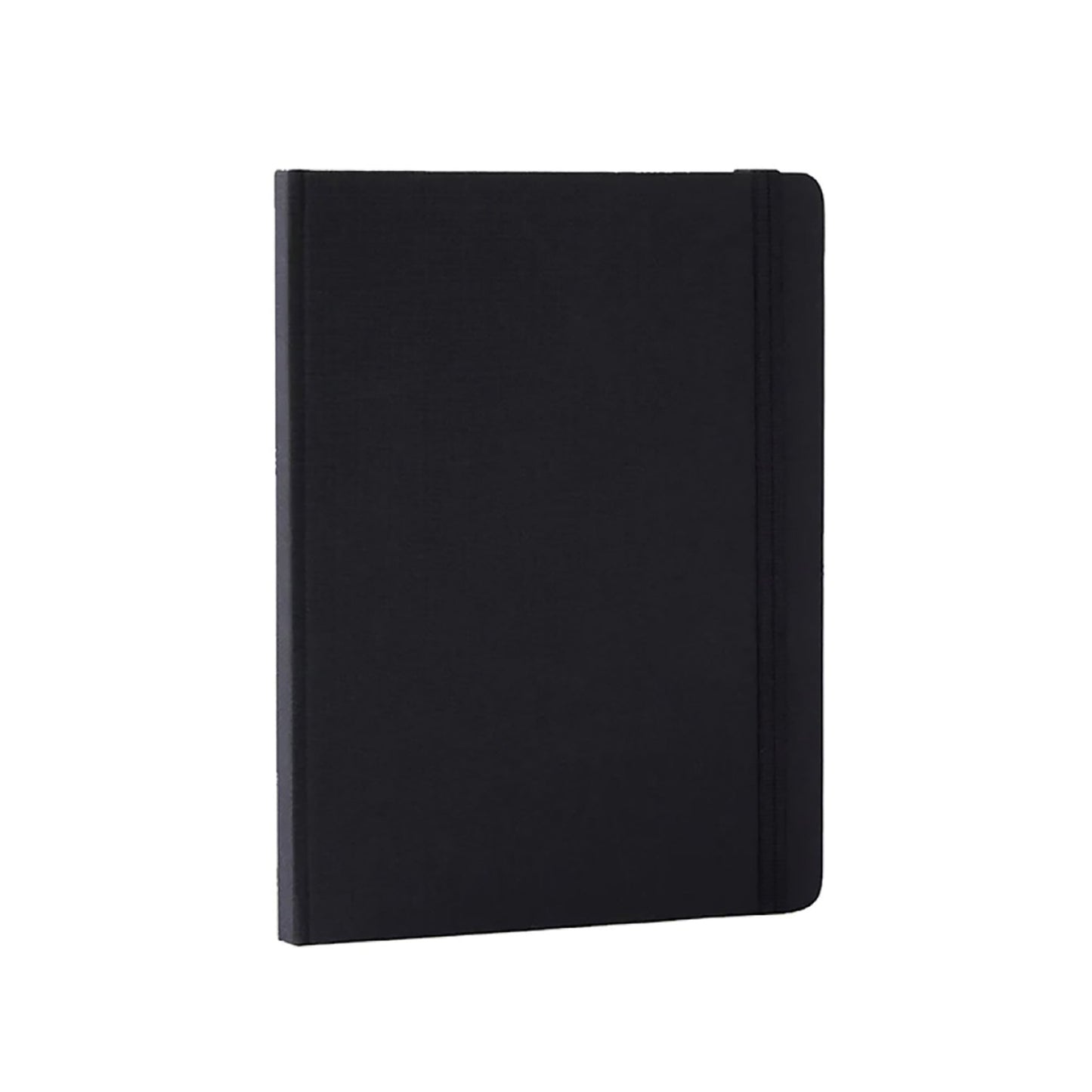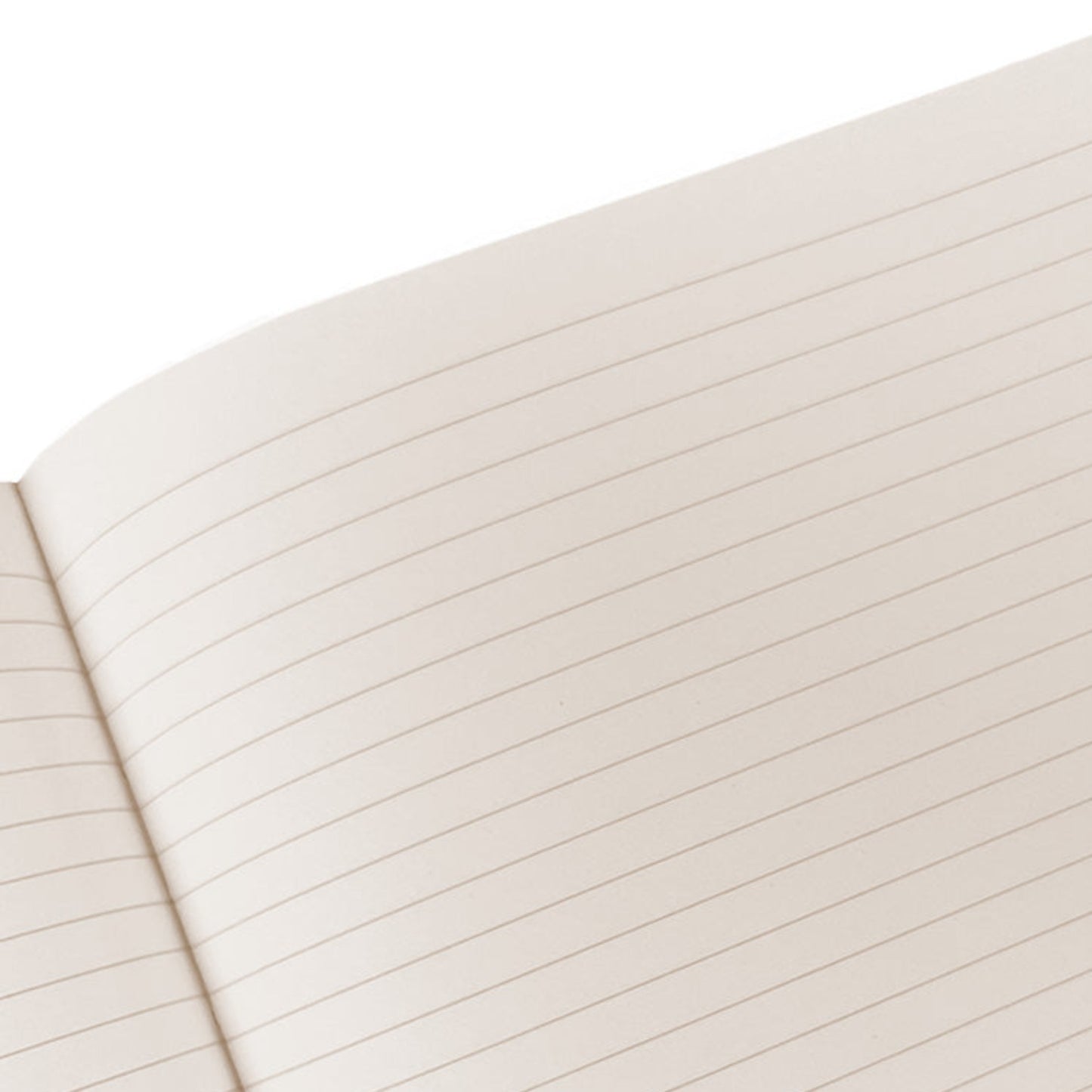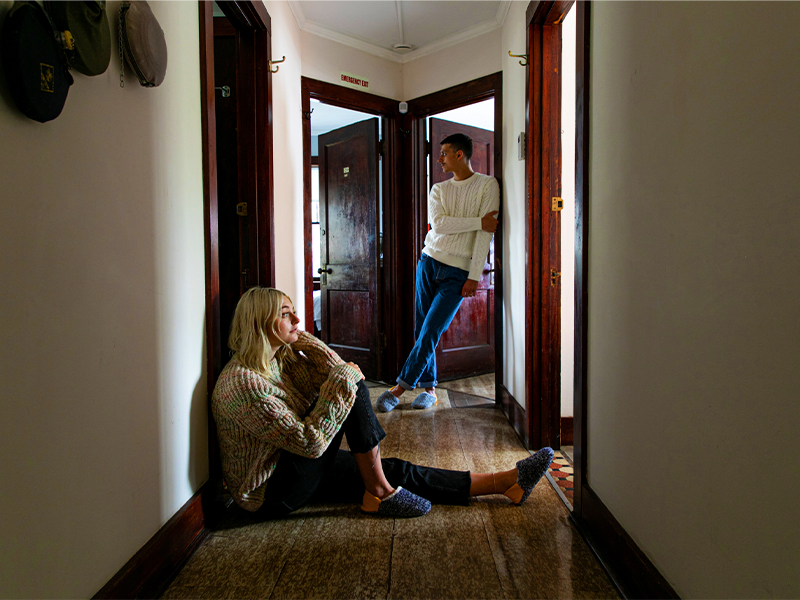
In Japan, the ritual of removing outdoor shoes and donning house shoes, known as uwabaki, is a practice steeped in tradition, mindfulness, and functionality. Far from being a simple custom, this habit reflects a deliberate way of life that prioritizes cleanliness, health, mental well-being, and a spiritual connection to the home. As Americans become more attuned to wellness and sustainable living, incorporating house shoes into their everyday routines can be both practical and transformative. In this post, we delve into the rich history and meaning behind uwabaki, explore how it differs from the more casual approach to slippers in the West, and provide guidance on choosing the perfect house shoes for modern living.
A Brief History of Uwabaki
The origins of uwabaki date back centuries, rooted in Japan’s reverence for cleanliness and the demarcation of sacred spaces. Traditional Japanese homes feature tatami mats, delicate flooring made of rice straw and woven rush grass. These mats are highly susceptible to dirt and damage, making it essential to keep outdoor grime at bay.
Over time, this practical need evolved into a cultural norm: the removal of outdoor shoes at the genkan (entryway) became a symbolic gesture of leaving the chaos of the outer world behind. Uwabaki, lightweight and easy-to-clean slippers, were introduced to maintain indoor hygiene while providing comfort.
The Deeper Meaning: Ritual and Mindfulness
In Japan, the practice of wearing uwabaki transcends hygiene. It reflects a deliberate and mindful approach to daily life, creating a clear boundary between public and private spheres. This separation fosters a sense of tranquility and mental well-being, allowing individuals to leave stress and negativity at the door when they step into their homes.
For many, the act of changing shoes is akin to a ritual, similar to the tea ceremony or meditation. It’s a moment to pause, reset, and ground oneself—a small yet significant practice that can contribute to a healthier mindset.
Contrasting with Western Practices
In the United States, slippers are often seen as casual and optional. They are associated with comfort and relaxation rather than a deliberate lifestyle choice. Many households mix indoor and outdoor footwear without much thought, inadvertently tracking in dirt, bacteria, and toxins. This approach, while convenient, contrasts sharply with Japan’s uwabaki tradition, which is underpinned by a commitment to cleanliness and health.
Health and Cleanliness Benefits of House Shoes
The potential harm of wearing outdoor shoes indoors cannot be overstated. Research has shown that the soles of outdoor shoes can harbor bacteria, viruses, pesticides, and other contaminants. For young families, this poses particular risks. Small children who crawl or play on floors are more susceptible to exposure to these harmful substances, which can lead to health issues.
House shoes act as a barrier, protecting your living space from these external pollutants. Additionally, they reduce wear and tear on flooring and provide support for your feet, helping to prevent foot pain and injuries associated with walking barefoot on hard surfaces.
Everyday Uses for House Shoes
House shoes are more than just a tradition; they are a practical solution for modern living. Whether you’re lounging, working from home, or performing daily chores, house shoes can enhance comfort and support. Here are a few everyday scenarios where uwabaki or similar house shoes shine:
- Working from Home: Maintaining a distinction between work and leisure can be challenging when working remotely. Wearing house shoes can help signal the transition from “work mode” to “relaxation mode.”
- Hosting Guests: Offering house shoes to visitors is a thoughtful gesture that aligns with Japanese hospitality, ensuring your home remains clean while making guests feel welcome.
- Kitchen Comfort: Prolonged standing on hard kitchen floors can strain your feet and back. Comfortable, supportive house shoes can alleviate this discomfort.
- Wellness Practices: Whether you’re meditating, practicing yoga, or simply unwinding, house shoes can enhance your sense of calm and focus.
Choosing the Right House Shoes
Selecting the perfect pair of house shoes requires consideration of both functionality and style. Here are some tips to guide your choice:
- Material Matters: Look for breathable, natural materials like organic cotton or wool for comfort and durability. Synthetic materials may trap moisture, leading to discomfort and odors.
- Ease of Cleaning: Choose house shoes that are easy to wash, ensuring they remain hygienic over time.
- Support and Fit: Prioritize options with adequate arch support and a snug fit to prevent slipping and provide maximum comfort.
- Aesthetic Appeal: House shoes can be an extension of your personal style. Opt for designs that complement your home’s aesthetic and reflect your personality.
- Special Features: Consider additional features like slip-resistant soles for safety, especially if you have children or elderly family members.
Embracing the Ritual
Incorporating house shoes into your daily life can be a small yet powerful step toward mindfulness and well-being. As you slip off your outdoor shoes at the door, take a moment to reflect on the transition from the outer world to your inner sanctuary. Embrace the ritual as an opportunity to reconnect with yourself and your home.
For those inspired by Japanese culture, uwabaki represent more than footwear; they symbolize a way of life that values cleanliness, health, and intentional living. By adopting this tradition, you’re not just keeping your floors clean—you’re fostering a healthier, happier, and more harmonious home environment.
Topdrawer’s Uwabaki Collection
At Topdrawer, we celebrate the beauty and functionality of Japanese design. Our uwabaki-inspired house shoes combine traditional craftsmanship with modern sensibilities, offering the perfect blend of comfort and style. This includes the Kolo Brand of House Shoes, meticulously designed to provide unparalleled comfort, durability, and aesthetic appeal.
From lightweight options for summer to cozy wool-lined slippers for winter, and versatile all-season designs, the Kolo collection caters to every lifestyle. Whether you’re seeking house shoes for practical reasons or to embrace the deeper rituals of mindfulness and cleanliness, Topdrawer has a style to suit your needs.
Explore our range of uwabaki and house shoes and discover how this simple yet profound tradition can elevate your everyday life. Visit Topdrawershop.com to find your perfect pair today.
By embracing the Japanese ritual of house shoes, you’re not just adopting a new habit; you’re stepping into a more intentional and healthier way of living. It’s a practice that’s as timeless as it is relevant, offering benefits for both the body and the mind in our increasingly hectic modern world.

